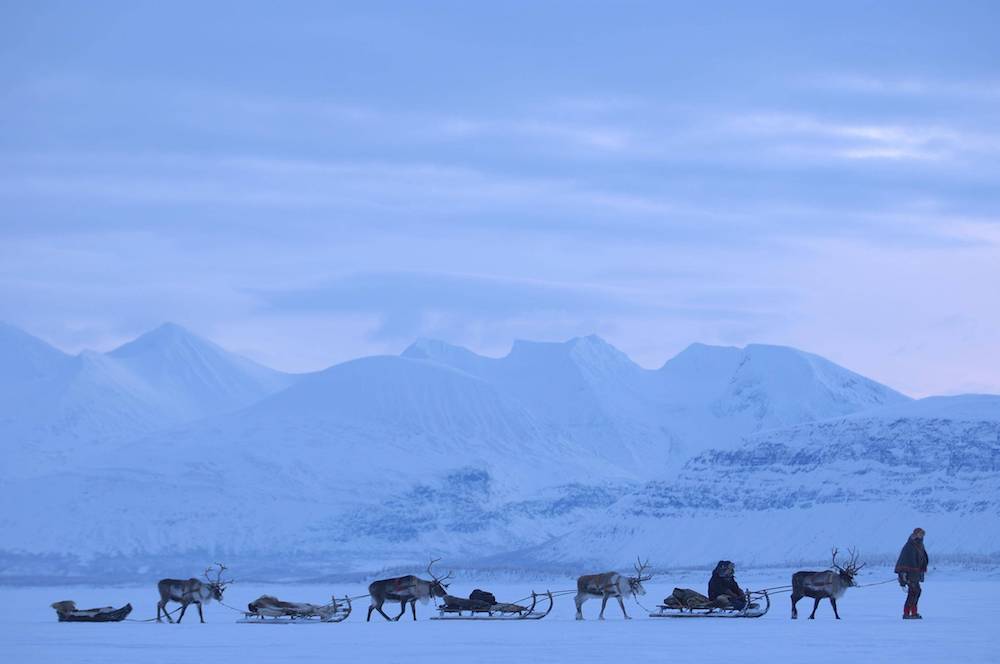Sweden still ‘working towards’ approval of Indigenous rights agreement
Sweden argues that that even though it has not yet adopted ILO 169, it has many legal protections for its Sámi residents

Sweden remains committed to protecting the rights of its Sámi residents, but it is unable to set a date on when it can adopt an international Indigenous rights agreement, the government told United Nations last week.
“The government is working towards a ratification of the convention in order to strengthen the rights of the Sámi people, but a decision to accede the convention is ultimately a matter for the Riksdag (the Swedish parliament),” the response stated.
Sweden was replying to a list of recommendations from other UN members submitted as part of a recurring review of countries’ human rights records.
Sweden was called before the UN human-rights council in January and pledged to respond to the recommendations this month.
[Swedish Sámi fear a fresh wave of reindeer killings is linked to a recent court ruling]
In a written statement submitted in connection with the response, Åsa Lindhagen, the gender-equality minister, who represented Sweden at the UN hearing in January, defended Sweden’s track record on protecting the rights of its residents, but accepted that the recommendations would help the country improve.
The review addresses all aspects of human rights. Of the council’s 300 recommendations, 20 addressed concern about official treatment of Sweden’s 20,000 Sámi, including things like allowing greater access to ancestral lands and improving the way government consults with the Sámi on issues that affect them.
While the government said it agreed with many of the recommendations, others, such as the call to implement the international indigenous-rights agreement, also known as ILO 169, were still being worked on.
[Swedish Sámi sue to overturn Norwegian limits on cross-border herding]
The government noted, however, that even though Sweden has not adopted ILO 169, it does offer the Sámi considerable legal protections. It highlighted historically recognized land-use rights, and that today these are legally and constitutionally protected.
Similarly, it said it was studying how a court ruling earlier this year that granted exclusive hunting and fishing rights to a Sámi group on their ancestral lands should be applied in similar cases.
In some cases, however, such as a recommendation that Sámi remains contained in museums be returned to the Sámi, the government said complying was not feasible.
“In many cases there are good reasons for repatriation of human remains to the Sámi people, for example if they were stolen or unrighteously taken from Sámi, but decisions have to be made case by case and as a result of a thorough process including dialogue with the parties concerned,” the reply stated.
Sweden, as well as Finland, has been criticized in the past for not implementing ILO 169. Norway, which, in 1990, became the first country to adopt the agreement, has also been criticized for not doing enough to protecting Sámi rights.
In all three countries, a lack of sufficient protection of Sámi rights had resulted in “perpetual insecurity and instability”, a 2016 UN investigation concluded.